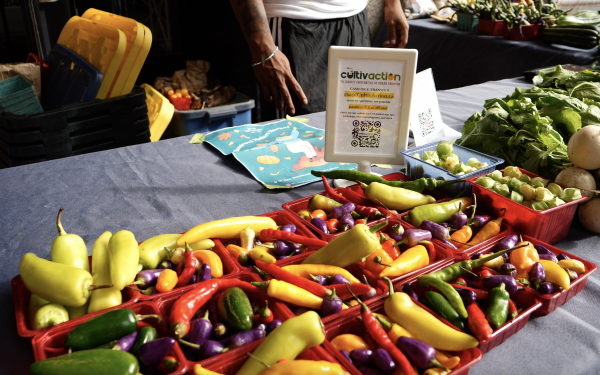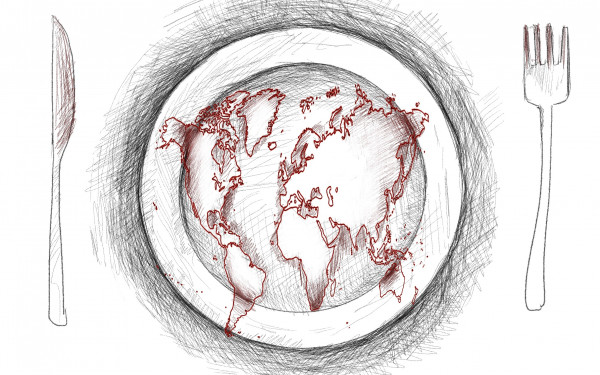Editorial: Food connects
In food, we find all the essential nutrients for our survival. But it goes far beyond simple nourishment. It plays a central role in our social lives. Who doesn’t have fond childhood memories related to their favorite dish? Everyone loves to share an exquisite meal with friends or family, and the concept of comfort food resonates beyond cultural barriers.
Food is an important symbol of cultures and religious beliefs. Many factors influence what we put on our plates and the role food plays in our lives. It can hardly be discussed without a consideration of disparities and inequities.
As we get closer to a year of COVID-19’s submission hold on the world, we do what we can to retain whatever bit of pre-pandemic normalcy we can. One important relationship that has risen to the spotlight is our connection with food.
As dining out is not a viable option at the moment, with Montreal’s red zone status extended until late November, eating in isolation has taken on special significance for some. Hundreds of foodies, inspired and most likely bored in quarantine, created social media pages where they shared daily meals and recipes for hungry followers. Dinner dates at fancy restaurants were replaced with cute picnics by the Lachine Canal that included wine and takeout food from local eateries. Orders placed on food delivery apps have soared since lockdowns began, bringing customers their favourite burgers or fried tofu dishes.
Food is not only a pleasurable experience or solace, however. For many, it is a daily struggle, with many suffering from food insecurity or eating disorders.
Despite this, our society stands at the altar of food, making it available in every way imaginable. Food unites families, keeps cultures and history alive, and provides insights on the landscape of a place. Food can be studied through so many lenses and is one of the most unifying ways humans can connect. Learning about others through food, learning about ourselves, and learning about food as a social issue can teach us a great deal about our fellow human beings.
Yet, food is far from accessible to all people, despite the fact that it should be considered a human right. Capitalism has commodified food and warped its accessibility, quality, and meaning. As we launch The Food Issue, we hope to show that food is more than a commodity, more than a choice between chain restaurants, and more than a luxury. Food is both essential to our survival and the survival of our cultures.
Food can be seen as an elitist activity on Instagram and television, but some of the best food you will find is outside of a fancy filter or expensive cooking equipment. Food is for everyone and can be made by anyone. Sharing a meal means sitting down with one another, something we need to do more often.
This article originally appeared in The Food Issue, published November 3, 2020.

.png)





